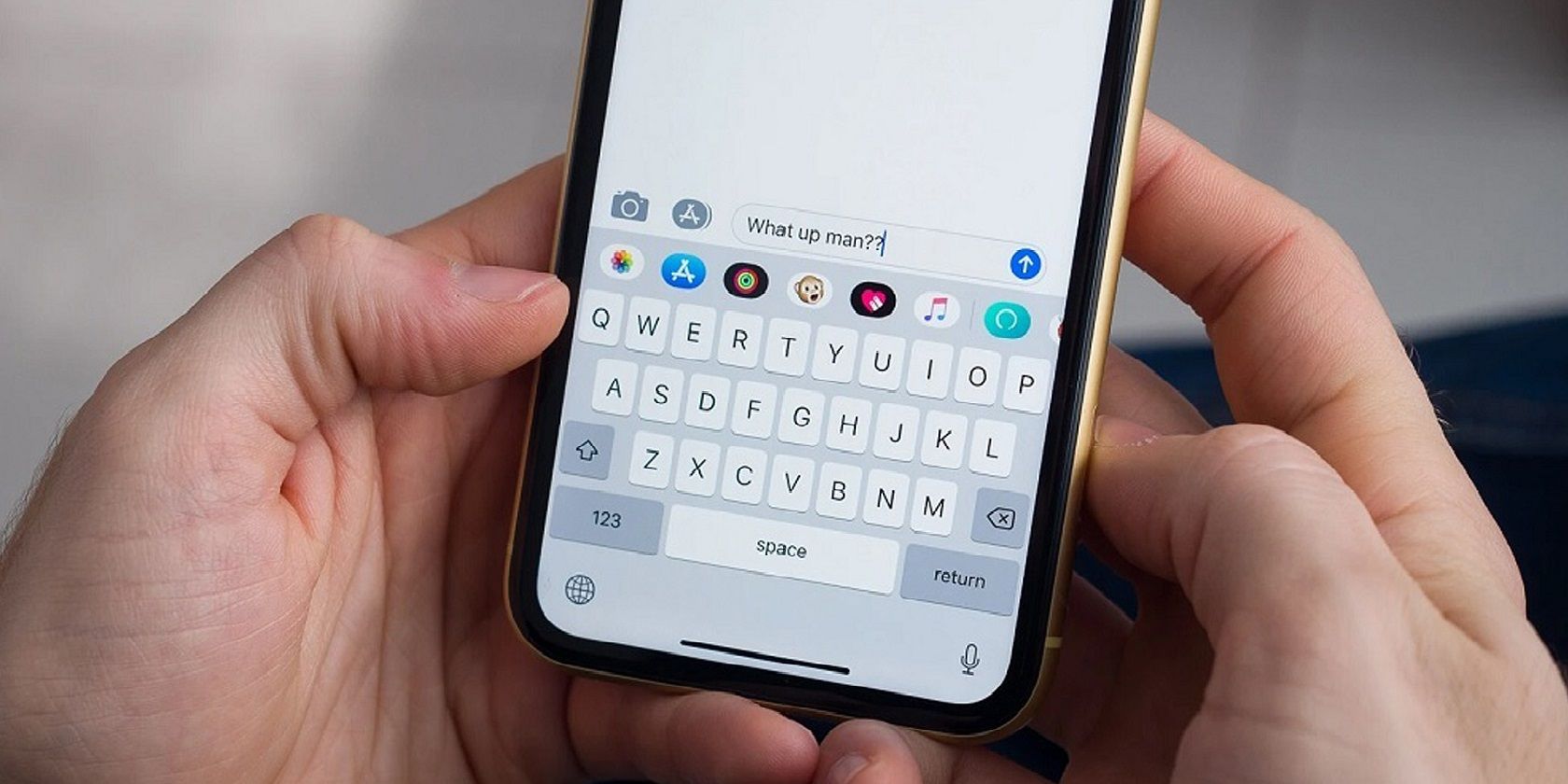Apple uses the iMessage platform to discourage its users from switching to Android, a new court filing shows. Legal documents prove Apple has successfully leveraged its proprietary messaging protocol as a major lock-in, which is what many watchers have long suspected.
iMessage as Apple’s Favorite Lock-In
The revelations came in legal briefs that Apple and Epic Games recently filed as part of the ongoing Epic vs. Apple lawsuit centered around the App Store fees and terms of business.
Epic's full filing is available as a PDF document on CourtListener.
Confirming lock-in is the reason why iMessage for Android does not exist to this date, Apple made the decision not to port the feature to Google's operating system as early as 2013, reveals a deposition with Apple's software engineering chief Craig Federighi.
"iMessage on Android would simply serve to remove an obstacle to iPhone families giving their kids Android phones," Federighi was quoted as saying in one of the internal emails.
iMessage debuted on the iOS platform nine years ago in October 2011 with the iOS 5 software update. The feature landed on the Mac the following year, in 2012. To this date, iMessage functions exclusively on Apple's iOS, iPadOS, macOS, and watchOS platforms.
Apple's internet services chief Eddy Cue said in a deposition that his company "could have made a version on Android that worked with iOS," adding that doing so would have enabled users of both platforms "to exchange messages with one another seamlessly."
Now we know exactly why Apple has never ported iMessage over to Android.
Leaving the Apple Ecosystem Ain’t Easy
During depositions, Epic’s lawyers asked other Apple executives about iMessage for Android. One of the depositions revealed that a former Apple employee commented back in 2016 that "the #1 most difficult reason to leave the Apple universe is iMessage," adding that the feature amounts "to serious lock-in" to the Apple ecosystem.
Responding to that, Phil Schiller, Apple's former marketing head who heads the App Store, said that "moving iMessage to Android will hurt us more than help us."
RCS as Google’s Answer to iMessage
Over the years, various enthusiasts have attempted to bring some of iMessage's functionally to the Android platform, but none of them are for the faint-hearted. These workarounds typically require you to run a special server on your desktop computer that acts as an iMessage intermediary, with features often breaking or not working as expected.
Remarkably, Google all those years hasn't been able to put together a cohesive answer to iMessage. The company wasted time maintaining multiple chat platforms before it finally delivered its answer to iMessage in the form of Rich Communication Services (RCS).
Formed by a group of industry promoters in 2007, RCS as a communication protocol is aimed at replacing SMS texts with a new system far richer in terms of functionality.
For instance, RCS provides support for modern messaging features like read receipts, typing indicators, media attachments, group chats, and more. On the downside, it's not end-to-end encrypted like iMessage but encryption is coming soon (it's currently being tested).
Apple currently does not support RCS on any of its platforms.

